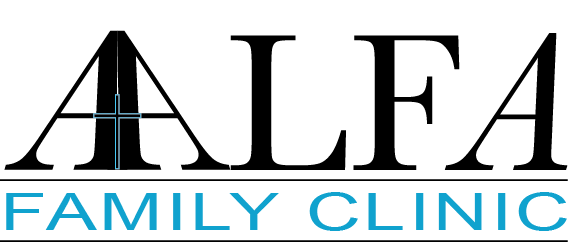Promoting a Healthy Lifestyle
### Jumpstart your personal health and wellness! Create a customized plan to fit your individual health needs. Whether you are dealing with a chronic illness (such as asthma, COPD, diabetes) or just want to lose weight and make healthy choices, this site provides resources to help you achieve your goals!
Factors that can make a difference.
Blood Pressure
It's important that you have your blood pressure checked regularly. When you have your blood pressure checked, ask what your blood pressure reading is. If you have been told you have high blood pressure, do your best to follow your doctor's recommendations for lowering your blood pressure.
High blood pressure is usually defined as blood pressure at or above 140 millimeters of mercury-systolic and 90 millimeters of mercury-diastolic. Professionals shorten this limit to "140 over 90."
Individuals with a systolic blood pressure of 120-139 or a diastolic blood pressure of 80-89 are classified as "pre-hypertensive." Because pre-hypertensive individuals have a risk of developing high blood pressure, it is recommended that they take action to prevent high blood pressure by exercising and adopting a heart-healthy diet.
Cholesterol
If you have high cholesterol, follow your doctor's recommendations for lowering it. Keeping your cholesterol level under control is one of the best ways to prevent heart disease.
Along with smoking, high blood cholesterol is one of the major risk factors for heart disease that you can do something about. High blood cholesterol increases a person's risk of getting heart disease and can worsen heart disease in people who already have it. The National Institutes of Health recommend that all adults 20 years of age or older have their blood cholesterol level checked at least once every 5 years. People with already established high blood cholesterol levels and individuals at high risk of heart risk should have their cholesterol checked more frequently, according to their doctor's recommendations.
Total blood cholesterol of under 200 mg/dL is desirable and usually puts you at a lower risk for heart disease. A blood cholesterol level of 240 mg/dL or above is high and increases your risk of heart disease.
If your cholesterol level is high, your doctor will want to check your levels of LDL-cholesterol ("bad" cholesterol) and HDL-cholesterol ("good" cholesterol). A high level of LDL-cholesterol increases your risk for heart disease, as does a low level of HDL-cholesterol.
Height and Weight
Make sure that you get your weight checked regularly. If you need to lose weight, ask your doctor for help. He or she can help you lose weight or refer you to a dietitian or other healthcare provider who specializes in nutritional counseling.
Over one-half of all Americans are overweight or obese. One of the easiest and most common ways for doctors to detect overweight and obesity is by comparing a person's height and weight to tables of suggested healthy weights. Doctors can then assist patients in losing weight or maintaining a healthy weight in order to lower their risk of developing many of the problems and diseases associated with being overweight.
(Sources: US Preventive Services Task Force to Clinical Preventive Services, Second Edition and the National Heart, Ling, and Blood Institute)
QuitPlan
Register at AALFA Family Clinic for a program to help stop tobacco use. Pharmacotherapy and counseling assistance offered; QuitPlan participation encouraged. With help, you're more likely to quit smoking.
Adults
Children
Clinic Hours / Appointments
Monday-Friday: 8am-5pm
Appointments: 651-653-0062
Urgent Care / After-Hours Care
We offer same day appointments during regular clinic hours for Urgent Care.
After-hours our doctors are on-call through our answering service: 651-653-0062
Information Directory
